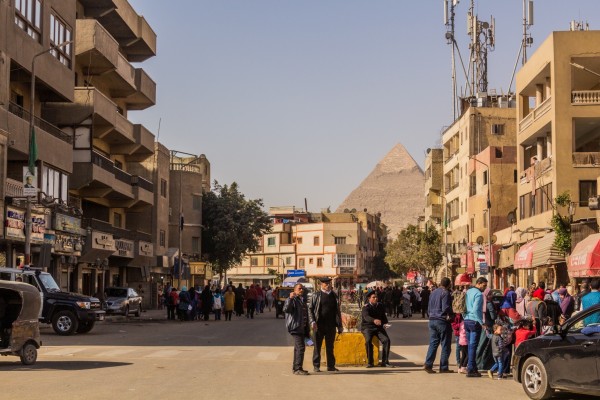As protests grow in Egypt, with a reported million protestors calling on President Hosni Mubarak to cede power on Tuesday, journalists are reporting that citizens on the ground have found novel ways to circumvent the government-ordered communications crackdown.
Egypt has shut down Internet access in the country, and mobile telephone networks have been severely disrupted. In response to the Internet blackout, Google created a way for users to post messages on micro blogging service Twitter by leaving voicemail, thus circumventing the need for Internet access, and old technologies including fax and simple posters are now playing an important role in communications between the protesters, reports said.
Egyptian authorities began a severe crackdown on the media after demonstrations against President Hosni Mubarak, who has been in office for thirty years, began last week.
Six Al-Jazeera journalists were arrested and detained for one hour yesterday, and journalists from the BBC and CNN were also reportedly threatened and attacked. Authorities have confiscated cameras and other equipment.
Al-Jazeera was also forced off the air completely on Sunday, as the government revoked the network’s license to broadcast from the country and shut down its office in Cairo.
News sources have also reported that China is censoring websites that pertain to the demonstrations. Authorities have blocked key word searches of the word “Egypt.”
Journalists and reporters attempting to report from Egypt have been harassed and detained. Jack Shenker from The Guardian was assaulted and arrested in Cairo last week, while The Times’ James Hilder was beaten and held at gunpoint over the weekend. In a targeted attack, police allegedly beat journalist Eduard Padberg, a correspondent of Dutch newspaper Trouw, with batons last Tuesday. Many others have reportedly been arrested.


